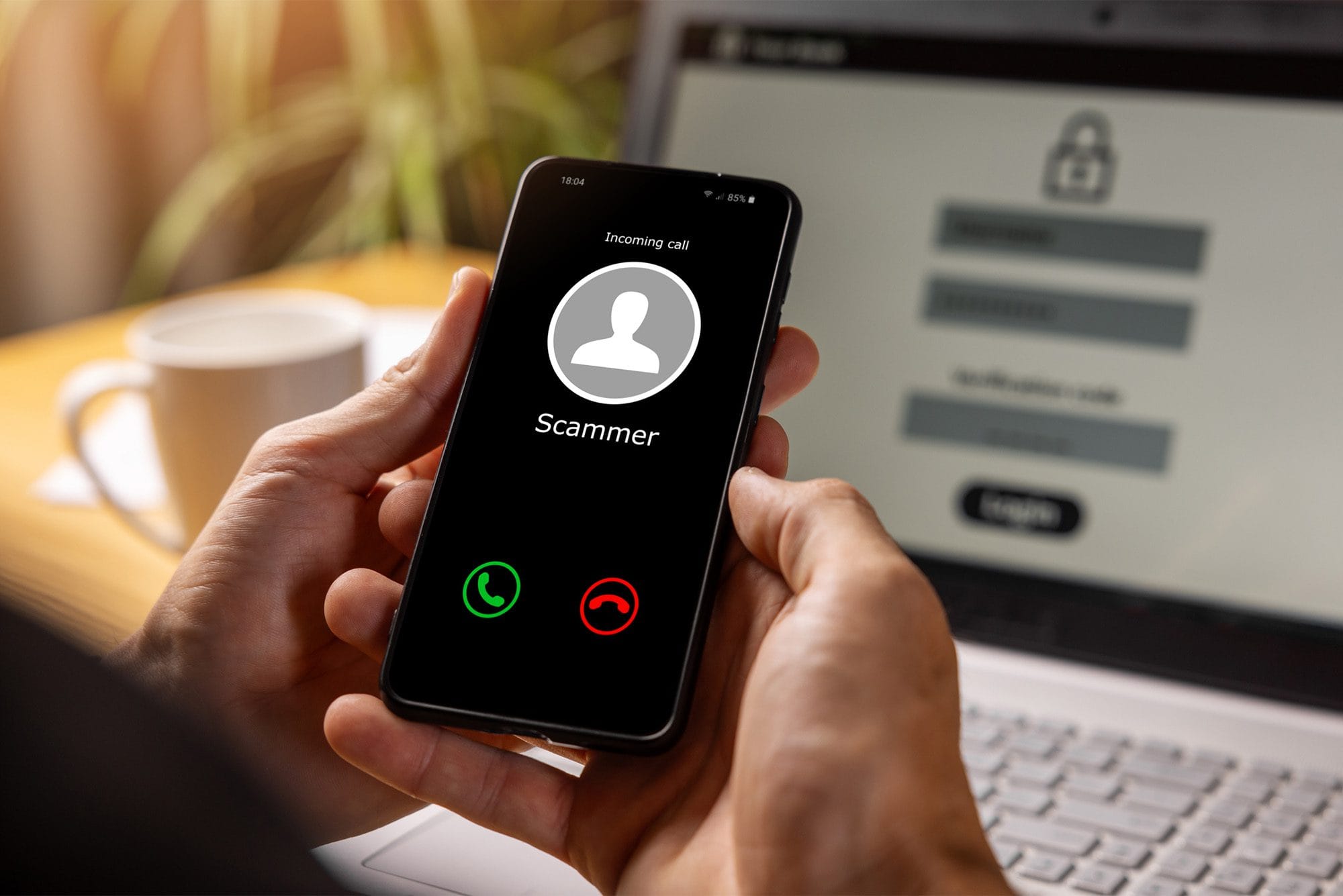Buying property in Kenya as a member of the diaspora can be a rewarding investment, but it also comes with unique risks. Property scams are a concern, and diaspora buyers are particularly vulnerable. This article provides a comprehensive checklist to help you avoid property scams and ensure a safe and secure purchase.
Understanding the Risks
Diaspora buyers often face specific challenges:
- Distance: Being abroad makes it difficult to conduct thorough due diligence.
- Lack of Local Knowledge: Limited familiarity with the Kenyan property market and legal system.
- Trust: Reliance on intermediaries, who may not always be trustworthy.
These factors can increase the risk of falling victim to scams.
The Diaspora Buyer’s Checklist
To mitigate these risks, follow this detailed checklist:
- Engage a Reputable Lawyer
This is the most crucial step. A qualified and experienced Kenyan lawyer will:
- Represent your interests.
- Conduct thorough due diligence.
- Review all legal documents.
- Ensure the transaction complies with Kenyan law.
- Handle the transfer of funds and property title.
Red Flag: Be wary of sellers or agents who discourage you from hiring your own lawyer.
- Conduct Thorough Due Diligence
Do not rely solely on the seller or agent. Your lawyer should conduct independent due diligence:
- Verify the Title: Confirm the property’s ownership and title deed at the Land Registry.
- Conduct a Land Search: Check for any encumbrances, such as mortgages, liens, or disputes.
- Verify the Seller’s Identity: Ensure the seller is the rightful owner of the property.
- Inspect the Property: If possible, visit the property in person or hire a professional surveyor to assess its condition.
- Check for Outstanding Rates: Confirm that all property rates and other charges are paid up.
- Zoning Regulations: Ensure the property complies with zoning regulations and has the necessary approvals.
Red Flag: Be suspicious of sellers who are unwilling to provide necessary documentation or allow due diligence.
- Verify the Real Estate Agent (If Applicable)
If you’re working with a real estate agent:
- Check Their Credentials: Ensure the agent is registered and licensed to operate in Kenya.
- Verify Their Reputation: Research the agent’s track record and look for feedback from past clients.
- Get Everything in Writing: Have a clear agreement with the agent outlining their responsibilities and fees.
Red Flag: Beware of agents who pressure you to make quick decisions or who seem unprofessional.
- Be Cautious with Payments
Handle payments carefully to avoid fraud:
- Use Escrow Accounts: Whenever possible, use an escrow account held by your lawyer to protect your funds.
- Avoid Direct Payments: Do not make direct payments to the seller or agent.
- Document All Transactions: Keep detailed records of all payments and transfers.
Red Flag: Be wary of sellers who demand large cash payments or who want you to send money to personal accounts.
- Get Everything in Writing
Ensure all agreements and transactions are documented in writing:
- Sale Agreement: Have a comprehensive sale agreement that clearly outlines the terms and conditions of the purchase. Your lawyer should review and approve this agreement.
- Payment Schedule: Ensure the payment schedule is clearly defined in the sale agreement.
- Transfer of Ownership: The process for transferring ownership should be clearly documented.
Red Flag: Avoid verbal agreements or transactions that are not properly documented.
- Visit the Property (If Possible)
If possible, visit the property in person to:
- Verify Its Existence: Ensure the property actually exists and matches the description.
- Assess Its Condition: Check the property’s physical condition and identify any potential issues.
- Meet the Seller: If possible, meet the seller in person to verify their identity.
If you cannot visit in person, hire a trusted representative to do so on your behalf.
- Be Wary of “Too Good to Be True” Deals
If a property deal seems too good to be true, it probably is. Be cautious of:
- Unrealistically Low Prices: Properties priced significantly below market value.
- High-Pressure Sales Tactics: Sellers or agents who pressure you to make a quick decision.
- Vague or Inconsistent Information: Sellers who provide unclear or conflicting information about the property.
Protecting Your Investment
By following this checklist and exercising caution, diaspora buyers can significantly reduce their risk of falling victim to property scams in Kenya. Remember, thorough due diligence and professional legal representation are essential to protecting your investment and ensuring a successful purchase.





